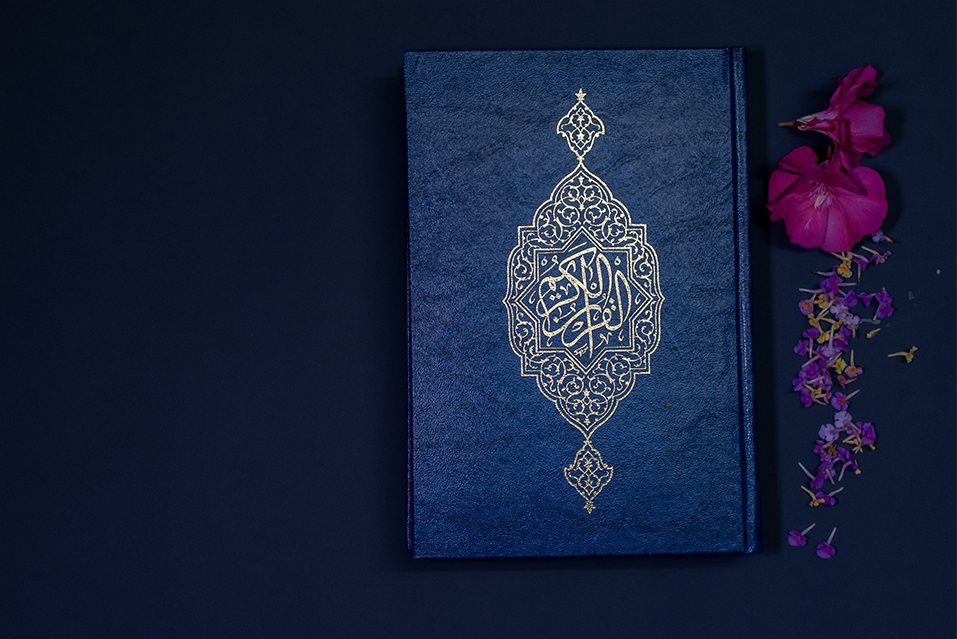Islam


Muslims, the adherents to the Islamic faith, believe that on Judgement Day which is after the end of the world, all humans will be brought back to life and judged by God. Those who have lived lives of good deeds and intentions will enter into Paradise, with the grace of God, while the others into Hell. According to Islam, life in this material world is short and difficult, but hereafter, life is eternal, peaceful, and marked with abundance, particularly for those pious people who adhere to the teachings of Islam (Omega 2011).
It is important to keep in mind the sectarian differences within Islam. Shi’a and Sunni are the main groups.
Before the funeral
· When the person is near death, the family and closest friends will gather to be with them. Upon death, the eyes and lower jaw will be closed and a clean sheet placed over the body. They will also pray for the forgiveness of the deceased’s sins
· Islam requires that the body be buried as soon as possible and therefore the planning in accordance with Islamic custom will start immediately after death
· Muslims are divided on the issue of Organ donations, please check to see whether the deceased has consented to organ donation. Some Muslims believe that the human body belongs to God and as such, no human has a right to give away organs. Others accept organ donation as a good deed and encourage it, but subject to strict guidelines (Keysar Trad- Former President at the Australian Federation of Islamic Council ).
· Autopsies, however, are not, and routine ones will likely be refused
· Cremation is likewise prohibited in Islam. Embalming will only occur if it is a legal requirement
· The body is washed (a process is known as ghusl) by family members of the same gender following specific procedures and then clothed in a sheet (the process of kafal) with the colours and designs depending on the country or culture. The body is then transported to the mosque
During the service
· At the service, women and men are seated separately. The closest male relative sits furthest to the front, with other males behind and then the women
· An imam will lead the service, with prayers and readings from the Quran (the Islamic holy text), and it will typically last for 30 to 60 minutes
· Dress is dark coloured and respectful, with women required to cover their arms and legs and wear a headscarf. Be sure to not wear anything revealing or transparent or any clothing that is too tight
· Shoes are removed upon entrance to the mosque, so it is a good idea to wear nice, plain socks or stockings
· Prayers will be recited and the mourners will face toward Mecca. If you are not Muslim, you shouldn’t participate in the recital of prayers, although you are allowed to observe quietly
After the service
· Following the prayers and readings, the coffin will be passed from congregant to congregant over the shoulders. If you aren’t Muslim, keep a distance so as not to disrupt the procession
· Tradition states that only men attend the burial, however, women may be allowed in some cultures
· The grave will be orientated to be perpendicular to Mecca. Prayers are recited as the body is lowered. Muslims do NOT burry in a coffin, the body must be removed from the coffin. In order to meet Department of Health requirements, Muslims will erect concrete walls of 40 centimetres height inside of the graves. Once the body is placed in the grave, concrete slabs are placed onto the concrete surrounds above the body Mourners will then throw a handful of dirt (earth) over the coffin, with the site marked by a small stone rather than a large tombstone or grave marker
· Muslims should be buried in a Muslim cemetery or in the Muslim section of a cemetery.
· Muslims will hold condolence receptions for three days after the burial either at the local mosque or in the home of one of the closest family members. The religion teaches that friends and neighbours should prepare food for the family of the deceased in this period, though in contemporary practice, this is rarely done and usually the family of the deceased offers hospitality to those who attend to offer condolences (Keysar Trad, Former president of the Australian Federation Islamic Council). You may like to bring something to share (keeping in mind Halal food practices), although alcohol is not commonly consumed by Muslims
· Mourning the death of a relative usually lasts for three days, whereas a widow may observe a four-month and 10-day mourning period. Flowers sent during this time will be welcomed


